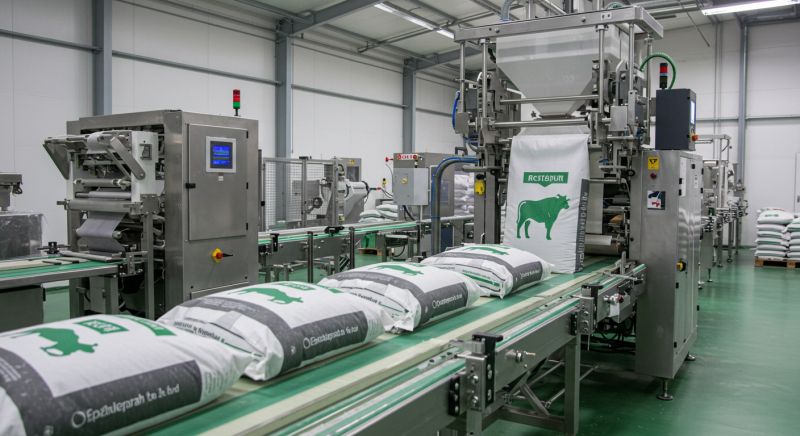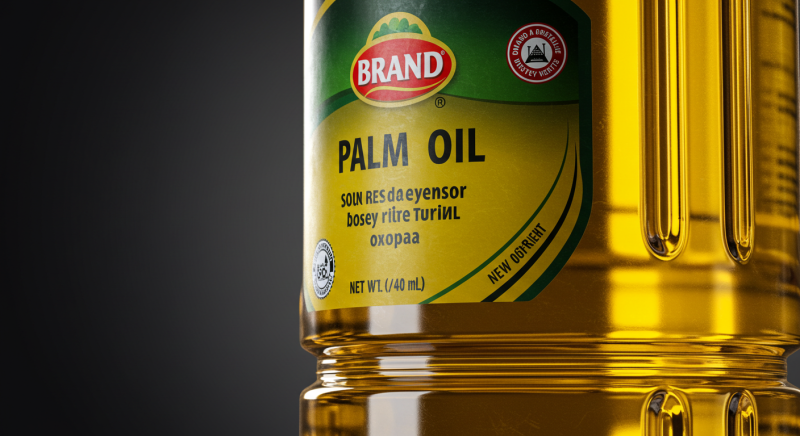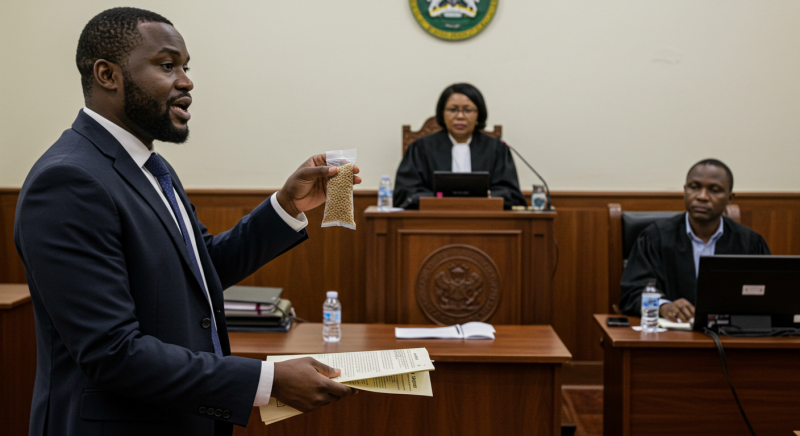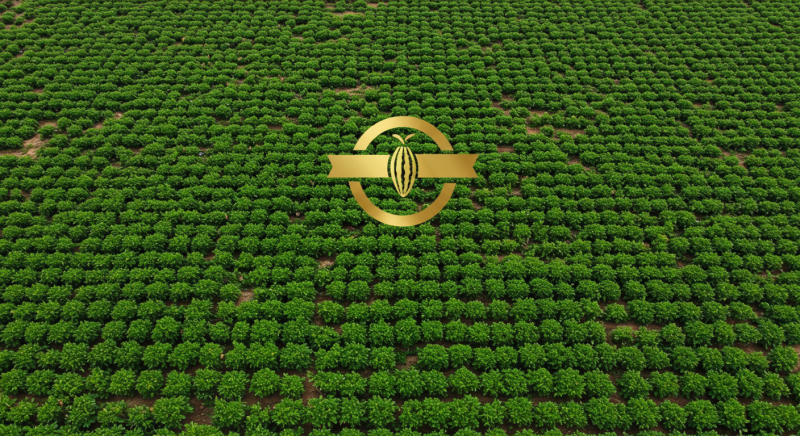Amina’s heart sank when she discovered counterfeit labels on her heirloom yams, threatening her family’s legacy. For many farmers and agribusiness owners like her, securing trademark protection for Nigerian agricultural products isn’t just paperwork—it’s about preserving generations of trust, quality, and community pride. In a nation where agriculture contributes 22.72 percent of GDP Statista and supports nearly one‑third of all jobs Wikipedia, robust trademark protection can transform a local farm into a recognized, premium brand on domestic and international markets.

Key Takeaways
After walking through this guide, you will understand why trademark protection for Nigerian agricultural products is indispensable for defending your brand’s integrity and value. You will be up to speed on the latest policy discussions—such as debates on joining the Madrid System—and confident in navigating Nigeria’s trademark registry from clearance to enforcement. By the end, you’ll know how to leverage your trademark to unlock licensing opportunities, deter infringers, and build lasting equity in your crops and livestock brands.
Latest News: Spotlight on the Madrid Debate
In December 2023, the Intellectual Property Law Association of Nigeria (IPLAN) convened a pivotal debate titled “The Madrid International Trademark Registration System: Nigeria to Join or Not?” This event marked a significant moment in Nigeria’s ongoing discourse about enhancing its trademark registration processes, especially concerning the agricultural sector. The central theme revolved around the potential benefits and challenges of Nigeria acceding to the Madrid System, a move that could profoundly impact trademark protection for Nigerian agricultural products.
Understanding the Madrid System
The Madrid System offers a streamlined approach to international trademark registration. By allowing a single application to cover multiple countries, it simplifies the process for businesses seeking protection across borders. For Nigerian agricultural producers, this system could mean easier access to international markets, ensuring their products are safeguarded against infringement globally.
Potential Advantages for Nigerian Agriculture
Adopting the Madrid System could bring several benefits to Nigeria’s agricultural sector:
-
Cost Efficiency: Farmers and agribusinesses could save on legal and administrative fees by filing one application instead of multiple ones in different countries.
-
Simplified Process: A unified application procedure would reduce the complexity involved in securing international trademarks, making it more accessible for local producers.
-
Global Market Access: With international protection, Nigerian agricultural products could more confidently enter foreign markets, enhancing export opportunities.
-
Brand Recognition: Establishing trademarks internationally would help in building and maintaining brand identity, crucial for products like cocoa, palm oil, and yams.
Considerations and Challenges
While the Madrid System presents numerous advantages, there are challenges to consider:
-
Administrative Capacity: Nigeria’s current trademark infrastructure may need significant upgrades to handle the increased volume and complexity of international applications.
-
Legal Framework: Aligning national laws with international standards would be essential to ensure seamless integration into the Madrid System.
-
Risk of Centralized Rejection: Under the Madrid System, if the base application is rejected, it affects all designated countries, potentially jeopardizing international protection.
The Way Forward
The debate highlighted a consensus on the need for Nigeria to modernize its trademark registration system to support sectors like agriculture. While the Madrid System offers a promising pathway, careful planning and investment in infrastructure and legal reforms are crucial. By addressing these areas, Nigeria can enhance trademark protection for Nigerian agricultural products, ensuring they are competitive and protected on the global stage.
Conclusion
In an era where consumer trust and brand authenticity drive purchasing decisions, securing trademark protection for Nigerian agricultural products is vital. Whether you produce yams, poultry, or palm oil, following the steps outlined—from clearance search to renewal and enforcement—will help you protect your heritage, command premium prices, and expand beyond Nigeria’s borders. Stay informed on policy shifts like the Madrid System debate, and make trademark protection a core part of your agribusiness strategy.
FAQ
What agricultural goods can I register under a trademark?
Any distinctive sign—words, logos, shapes, or colors—used in connection with crops, seeds, fresh fruits, live animals, and similar products falls under Class 31 of the Nice Classification ICLG Business Reports.
How long does registration take?
On average, registration in Nigeria takes between 12 and 18 months if no opposition arises ICLG Business Reports.
What is the cost to register a trademark?
The official fee is USD 80 per class, subject to adjustment by the Registrar ICLG Business Reports.
When and how do I renew my trademark?
Renewal applications are due every 14 years after the initial seven‑year term; you file the renewal form with prescribed fees and the old certificate ICLG Business Reports.
Can I enforce my trademark if someone copies my agricultural product label?
Yes. You can bring infringement proceedings in the Federal High Court, seek injunctions, damages, and collaborate with customs to block imports of infringing goods ICLG Business Reports.
read more


